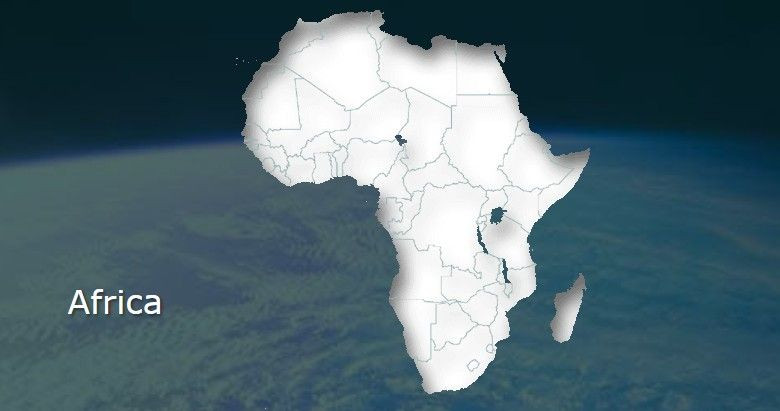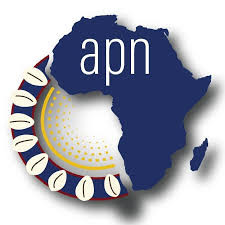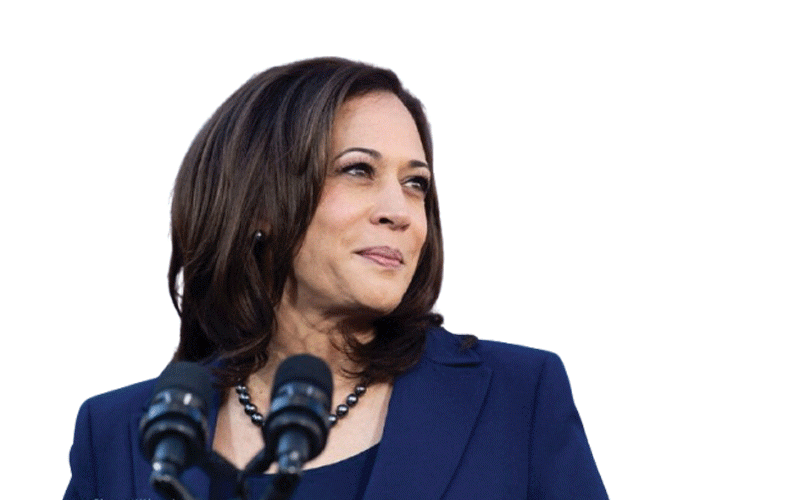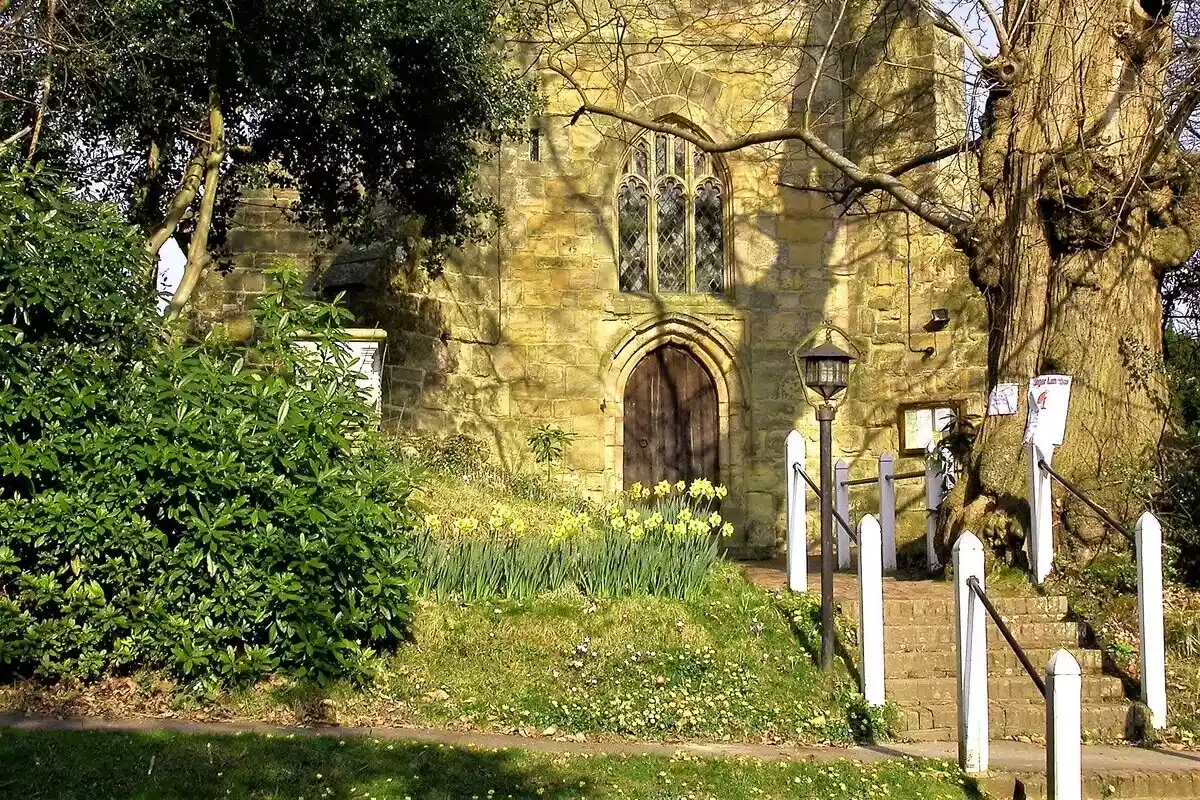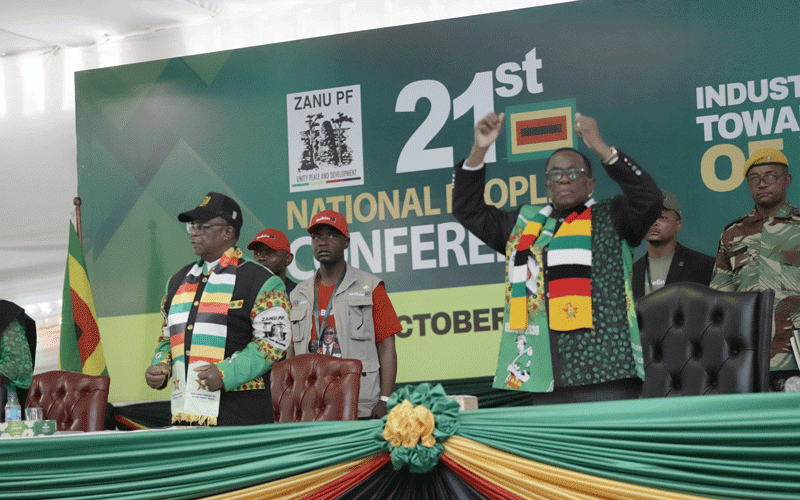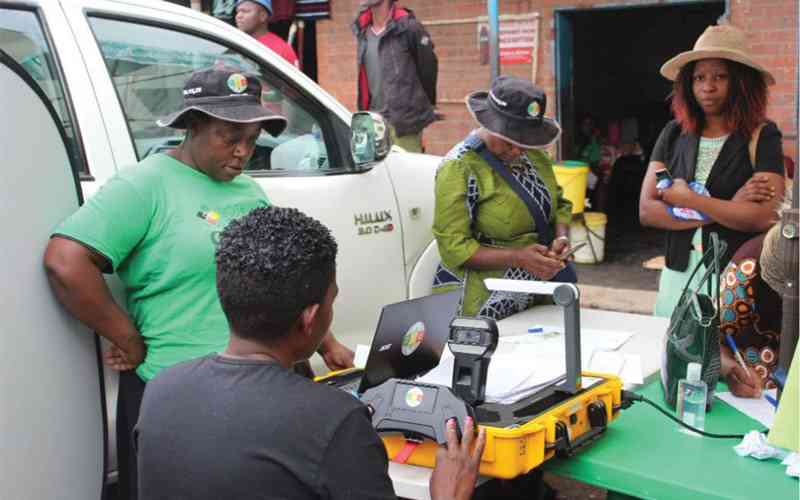
On April 10, 2018, the state-controlled newspaper, The Herald, reported that the government of Zimbabwe had invited 46 countries from across the world to observe the harmonised elections that were held on July 31, 2018.
It was the first time that Commonwealth and the European Union (EU) observers were allowed to assess elections in Zimbabwe elections since 2002.
This development was widely received as a positive break with the past given that only observers that were cherry-picked by the president himself could observe elections during the late former president Robert Mugabe’s era.
Post-2002, Zimbabwe had become ostracised and isolated by Western countries following a violent land reform exercise preceded by gross human violations.
Mugabe had then reacted by dragging Zimbabwe out of the Commonwealth.
Following the “military assisted transition” in 2017, the new government headed by President Emmerson Mnangagwa promised reforms to ensure political stability, democratic elections and a prosperous economy.
On the contrary, the governance practices of the so-called ‘Second Republic’ have delivered nothing near a different or positive direction.
In fact, from the competitive authoritarian slant of the Mugabe era, the Mnangagwa presidency has seen increasing authoritarian consolidation.
- Mavhunga puts DeMbare into Chibuku quarterfinals
- Bulls to charge into Zimbabwe gold stocks
- Ndiraya concerned as goals dry up
- ED heads for Marange
Keep Reading
It is not a stretch to state that the Mnangagwa era promised all the good things and delivered all the bad stuff.
The decision by Mnangagwa to revert to default mode as evidenced by his announcement that only friendly nations to Zimbabwe will be invited to observe future elections comes as no surprise.
The announcement came four months before the harmonised elections that are widely expected between July 26 and August 26, 2023 in line with Section 143 of the constitution of Zimbabwe.
The elections come amid concerns of shrinking civic and democratic space, deteriorating human rights, industrial scale corruption, deepening poverty and mass emigration.
The elections also come on the backdrop of failure by the Parliament of Zimbabwe and the Ministry of Justice, Legal and Parliamentary Affairs to implement the necessary political and electoral reforms.
These key reforms were recommended by various 2018 election observer missions as well as the Motlanthe Commission, which was set up to investigate the shooting of poll protestors on August 6, 2018.
Fundamental gaps that have potential to undermine the credibility, freeness and fairness of the next electoral cycle processes therefore remain, including a legal framework that impedes the independence of the Zimbabwe Electoral Commission (Zec).
Section 239 of the constitution of Zimbabwe gives ZEC the sole responsibility of managing elections.
Among its core functions are voter registration, voter education, ensuring peaceful elections (enabling, free political environment) and equal access to media.
The invitation of election observers must exclusively be a function of Zec.
The utterances by the president of Zimbabwe did not only undermine the independence of Zec, but have a potential to pre-determine and influence which observers will be invited and accredited by the election management body.
Mnangagwa took an oath of office and should not be seen to be willingly violating the constitution through issuing unconstitutional directives on who should observe the next elections.
Section 235 of the constitution of Zimbabwe makes such pronouncements illegal.
Under no circumstances should the president be seen to be usurping the powers of Zec, or let alone directing its functions as this puts the whole election into disrepute well before the first vote has even been cast.
In addition, if this proceeds it means the role of the accreditation committee (Section 40H of the Electoral Act) which is chaired by the Zec chairperson is ceremonial.
Given Zec’s chequered past, there are already serious concerns about its impartiality and credibility as a neutral referee in the electoral contests.
According to recent Afrobarometer survey reports, Zec ranks as one of the least trusted institutions by the public in Zimbabwe.
The lack of public confidence in Zec is not unfounded.
Zec is seen as heavily compromised and captured at many levels by the ruling Zanu PF.
In light of this, it would be catastrophic for Zimbabwe’s elections and even Zec’s remaining reputation were it to go ahead and take instructions on who to invite and who not to.
Election observation is critical for free and fair elections. Instead of frowning upon objective observers, Zec should instead be proud to invite them if it has nothing to hide.
Zimbabwe has laws regarding the conduct of elections of which Zec is the sole custodian.
Zec is mandated to run elections for and behalf of the Zimbabwean electorate and not to play to the whims of any political party.
Whilst the ruling party has a long-standing spute with several developed countries and the Commonwealth as an institution, Zec has no business being used as a tool in foreign policy making and implementation. Zimbabweans expect and deserve nothing less.
Zimbabwe is a signatory to the AU Charter on Democracy, Elections and Governance as well as the Sadc Principles and Guidelines Governing Democratic Elections, both which commit Zimbabwe to a peaceful, credible, free and fair electoral process. In addition, the Declaration of Principles for International Election Observation state that:
“International election observation has the potential to enhance the integrity of election processes, by deterring and exposing irregularities and fraud and by providing recommendations for improving electoral processes. It can promote public confidence, as warranted, promote electoral participation and mitigate the potential for election-related conflict. It also serves to enhance international understanding through the sharing of experiences and information about democratic development.”
The sanctity of elections is rooted in their integrity. Inviting only ‘friendly’ countries does not inspire confidence in the electoral process.
The justification for this has been that ‘unfriendly’ countries are biased against the Zanu PF government and towards the opposition and do not pass the objectivity state.
This apprehension, notwithstanding the suspicion against Western countries, is frivolous.
For two decades now, it has been deployed as a perfect excuse by the Harare administration to avoid any scrutiny of its electoral shenanigans in particular and misgovernance in general.
This systematic and technical exclusion of critical voices is most unfortunate and if used again in the forthcoming elections, would just but confirm that people of Zimbabwe are once again being denied a meaningful election.
- Tatenda Mazarura-Mhike is a Zimbabwean human rights defender, elections specialist and a regional information and advocacy officer at Crisis in Zimbabwe Coalition

